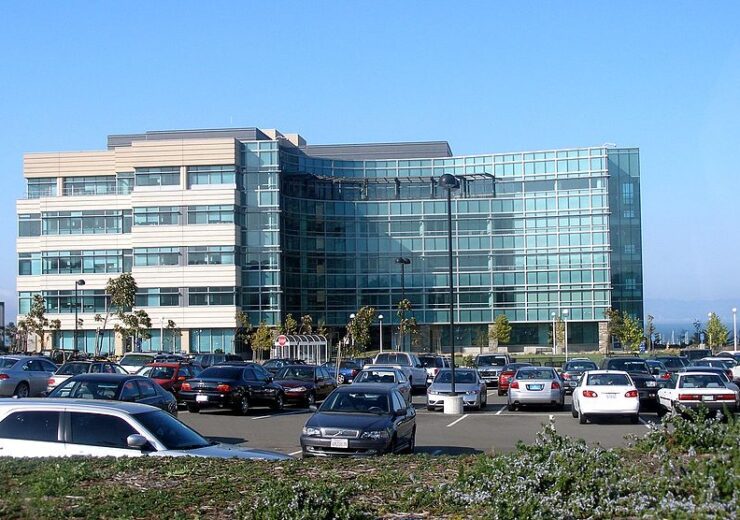The US FDA approval of Enspryng is based on results from two randomised controlled Phase 3 clinical trials, dubbed SAkuraStar and SAkuraSky

Genentech's sprawling headquarters campus in South San Francisco. (Credit: Coolcaesar/Wikipedia.)
Genentech, a subsidiary of the Roche Group, has secured the US Food and Drug Administration (FDA) approval for Enspryng (satralizumab-mwge) to treat a type of neuromyelitis optica spectrum disorder (NMOSD).
The US regulator has indicated Enspryng as the subcutaneous treatment for adults living with anti-aquaporin-4 (AQP4) antibody-positive NMOSD, and Enspryng is said to be the first and only drug approved for this indication.
NMOSD is a rare chronic autoimmune disorder that affects the central nervous system, primarily damaging the optic nerve(s) and spinal cord, causing blindness, muscle weakness and paralysis, and is frequently misdiagnosed as multiple sclerosis.
Roche chief medical officer and global product development head Levi Garraway said: “Today’s FDA approval of Enspryng, the first subcutaneous NMOSD treatment using novel recycling antibody technology, builds upon the work we’ve done in multiple sclerosis with Ocrevus to develop first-in-class medicines and further the scientific understanding of neuro-immunological diseases.”
Enspryng is a humanised monoclonal antibody that targets interleukin-6 (IL-6) receptor
Enspryng is a humanised monoclonal antibody, developed by Chugai, the Japanese subsidiary of Roche, to target and inhibit the activity of interleukin-6 (IL-6) receptor. IL-6 is thought to play a crucial role in the inflammation related to NMOSD.
The drug was designed by leveraging novel recycling antibody technology, which facilitates longer duration of antibody circulation and subcutaneous dosing than conventional technology.
The US regulatory approval is based on results from two randomised controlled Phase 3 clinical trials, dubbed SAkuraStar and SAkuraSky. The drug has shown superior and sustained efficacy and a positive safety profile in AQP4 antibody-positive NMOSD patients.
The primary endpoint of both SAkuraStar and SAkuraSky was time to first protocol-defined relapse (PDR) adjudicated by an independent review committee in the double-blind period.
The most common adverse reactions with Enspryng include nasopharyngitis, headache, upper respiratory tract infection, gastritis, rash, arthralgia, extremity pain, fatigue and nausea.
Enspryng has to be given in every four weeks after an initial loading dose and can be self-administered an NMOSD patient at home or a caregiver after being trained by a healthcare provider. The company is planning to commercialise Enspryng in the US in two weeks.
Enspryng clinical trials investigator Jeffrey Bennett said: “For people with NMOSD, relapses can cause devastating, irreversible and disabling neurological effects. Having an approved therapy that can be administered subcutaneously in the home and has demonstrated an impact on the frequency of relapses is an important advancement for patients.”
